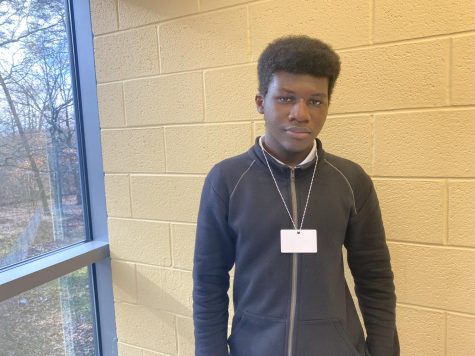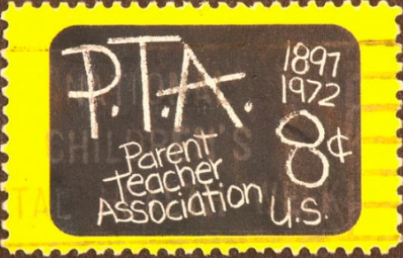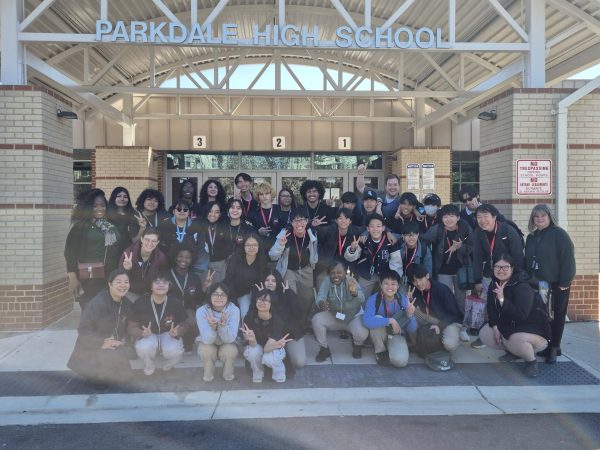Knowledge, understanding of financial aid could drastically help students
Financial aid is able to help a lot of students who plan on going to colleges or universities and who need money for school. Many students don’t take the opportunity to receive financial aid because they may feel like they won’t be able to pay for college. Although it may be true that colleges can be expensive for some people, financial aid can be given every year to many students and there are different kinds of financial aid that many students are eligible to receive.
According to an article in studentaid.gov, “A grant is a form of financial aid that does not have to be repaid unless you withdraw from school and owe a refund.”
A scholarship is free money that may be based on a particular area of study, talent or more, which colleges, universities, nonprofit organizations and private organizations offer to those who meet their criteria.
The FAFSA is an application to be able to receive free money for your financial needs. Although many people may want this, they must meet the FAFSA’s criteria. This includes being a U.S citizen or eligible noncitizen and your guardians having a certain amount of income in order to be eligible for the FAFSA.
Even if someone is not eligible for the FAFSA, they may be eligible for other financial aid offers, since there are a variety of financial aid offers that have different eligibility requirements that a person may be eligible for, like the MSFAA. The MSFAA is financial aid that is for people who are not documented.
We sat down with Ms. Sharee Williams, Parkdale’s College Readiness Program Coordinator, who has some knowledge about financial aid for the lowdown on how beneficial applying for financial aid can truly be.
Can you explain what financial aid is when it comes to college?
Ms. Williams: With financial aid, there are four main components. Scholarships, grants, work-study and loans. You don’t have to pay for scholarships or grants. You don’t have to pay back work-study either, but it’s when a college offers you a job and the money you earn goes towards your bill instead of your pocket. Loans give you money but you have to pay those back.
How often do you speak to students who don’t know much about the financial aid process for college?
Ms. Williams: It all depends on the time of “where.” In the beginning of the year, I just make my rooms, go to senior English classes and give them a broad overview of what’s going on. But then, I notice that around this time of year, the interest starts to pick up again because now we’re coming upon the deadline, which is March 1. So some students are kind of scrambling to get their information in. I would say at this point, I’m having several students come in.
How can the financial aid process feel like a roadblock to students and how can this be tackled?
Ms. Williams: It can feel like a lot of students because, for one, it’s their first time filling out the information. It can also feel like a road block because some students will automatically assume that they will not be able to afford college because they look at how much it costs and they’re just like “I don’t have that money. My parents don’t have that amount of money. So, I’m just going to do something else,” via going to the military or going to get a job. So it could be a mental block that they place on their own selves, thinking that they can’t do it. I think the answer to both of these problems is to have people, like myself, to have different opportunities for students to come and ask questions and be comfortable and we can let them know and assure them of what this process is and what they need to do and, at that point, cancel any myths that they may have in their mind… Another block that just came to mind is students who are not documented. They may think that they’re not eligible for anything because they are not citizens and that’s not necessarily the case. We have the FAFSA for those who are documented and we have the MIFSA for students who are not.
What is the best way to get informed about financial aid?
Ms. Williams: Pay attention to those adults in the school or your life who may know about financial aid. For example, when I talk to students about it, I know that I come with a lot of information. When you hear something initially, it may not jump out at you until it’s time. For example, I came to you all in September talking about the FAFSA. Now we’re approaching the deadline and that name is probably ticking in a lot of students’ minds. We’d prefer for you to do it earlier, but just make sure that you reach out to those people who’ve mentioned it to you. They can go to Youtube and look at FAFSA videos. They can go to the financial student aid website. They can go to their professional school counselors if I’m not around. They can also ask older siblings and their parents who’ve already gone through it.
Your donation will support the student journalists of Parkdale High School. Your contribution will allow us to cover our annual website hosting costs and publish some printed editions, as well.

Elie Mulamba is a student from Parkdale High School who is currently in the 12th grade and is planning to graduate in the year of 2022. He got into staff...







